Everyone is different, so I cannot generalize things based on my personal case.
However, I can share my perspective, my vision of things, my way of thinking.
And I am convinced that, of course, countless people do much more than me on a daily basis.
It is only very recently that I have started seeing things from this new angle—as a “citizen of the world”—and what that implies, particularly for the environment and world peace.
It sounds very much like a “Miss France election speech,” but when you take the time to truly reflect, to ask yourself questions, to put things into perspective, to try to see them from another angle, in context, and with the awareness, for example, of how our brain sometimes makes us “hallucinate,” it all starts to make sense.
AIs also hallucinate. And AI models have been designed to try to “recreate” our brain. Is there something similar?
In our minds, ideas come and go, we make connections between things that, we believe, aren’t necessarily linked. (Yet, this is the origin of many discoveries.) What is the connection between creating healthy habits for our brain and world peace?
That connection is the individual, and what is most powerful within them—inside their skull. I am still reading Principles of Neurobiology by Luo Liqun. While not everything is understandable to a beginner like me, grasping what happens at the level of a single neuron, a single axon connecting with our sensory receptors or muscles—understanding all that happens just for us to hear a sound, see an image, or burn a finger—perhaps makes one feel even more humble than admiring the cosmos.
But, in a completely arbitrary way, seeing the stars is “easy,” whereas seeing what happens inside us is impossible.
Since vision is our most “important” sense, not being able to see our brain may be one of the greatest losses for humanity. If only it were visible—if, during a conflict, an argument, or a misunderstanding, we could remember that within each of us, we have an organ that makes connections it “shouldn’t,” that creates chemical elements preventing us from seeing reality clearly, and that generates electrical currents that make us say things we “shouldn’t” and don’t truly mean in the end.
If we could see how our brains are shaped from the moment of their development, when we are still just fetuses, influenced by the noise of society and the environment of our mother.
When we understand that change is possible through neuroplasticity—and that change allows us to see things from a different perspective.
When we understand that this change can only happen on an individual level because the key lies within our unique brain.
When we understand that daily habits shape it.
But no one has time. No one cares. It’s not our problem.
It’s not me, it’s others, it’s the elites, it’s my neighbor, it’s the media, it’s Trump, it’s Musk, it’s Putin, it’s the government, it’s Macron, it’s Mélenchon.
We are part of the problem—others, the elites, my neighbor, the media, Trump, Musk, Putin, the government, Macron, Mélenchon. But above all, ourselves.
Responsibility should be the guiding principle of the global motto.
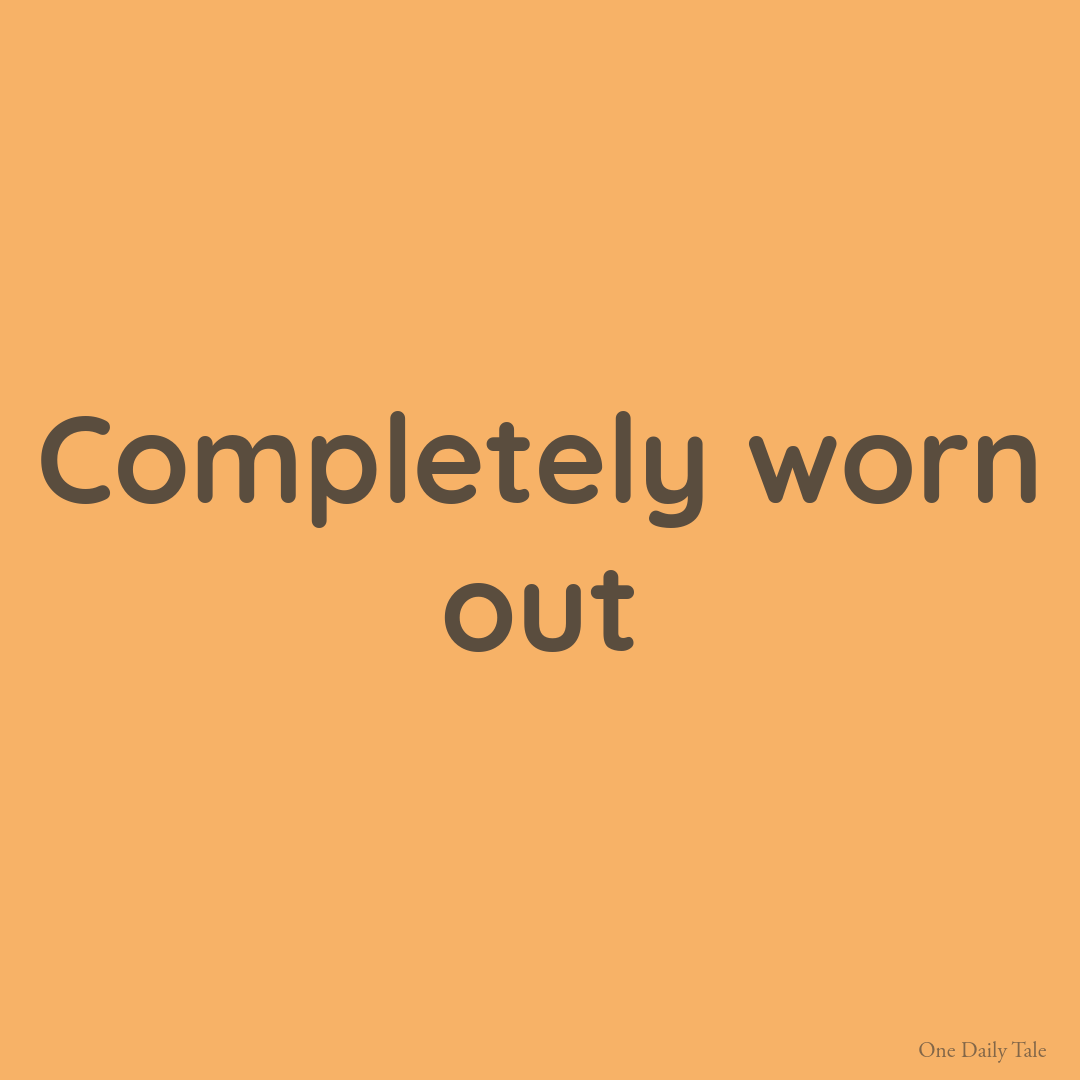
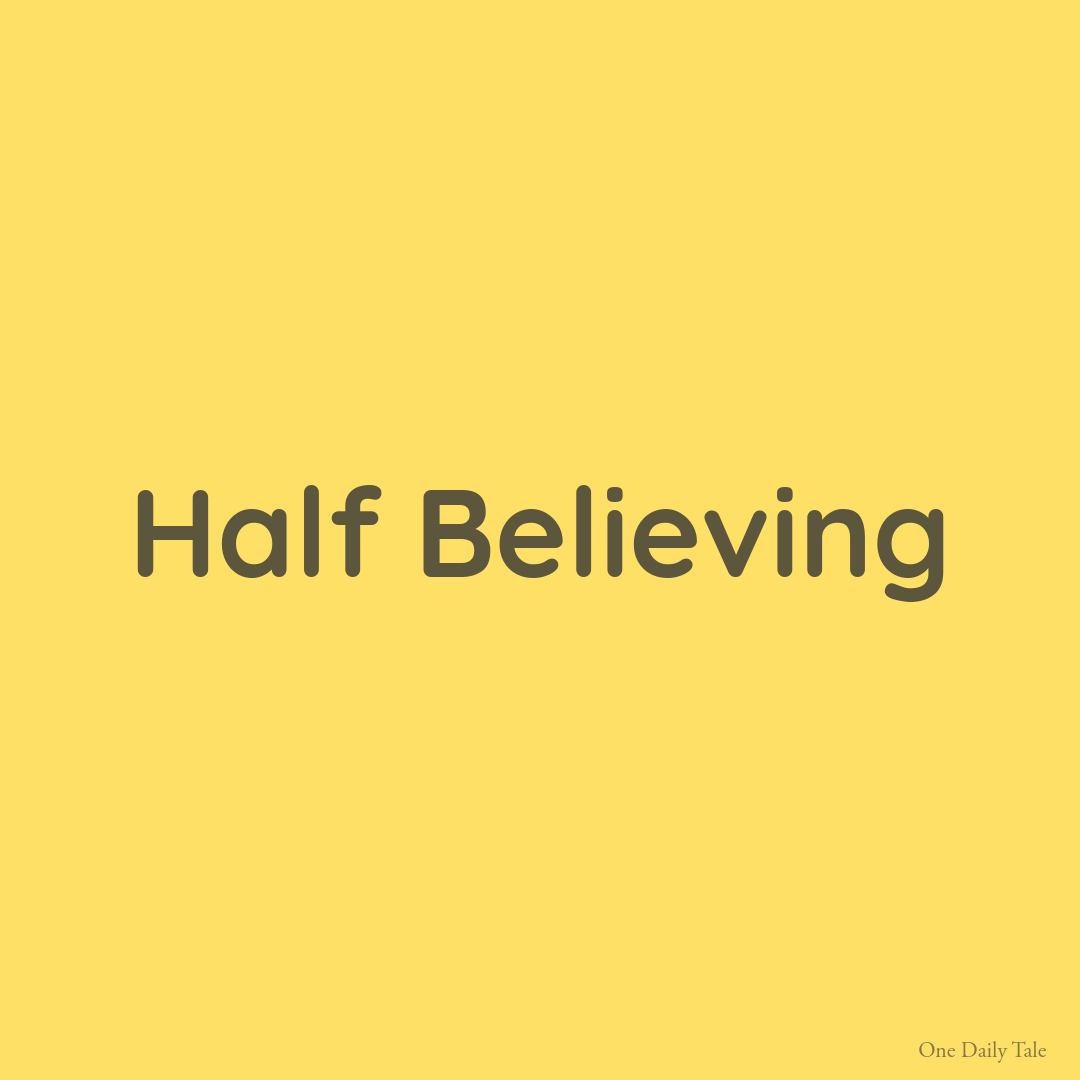
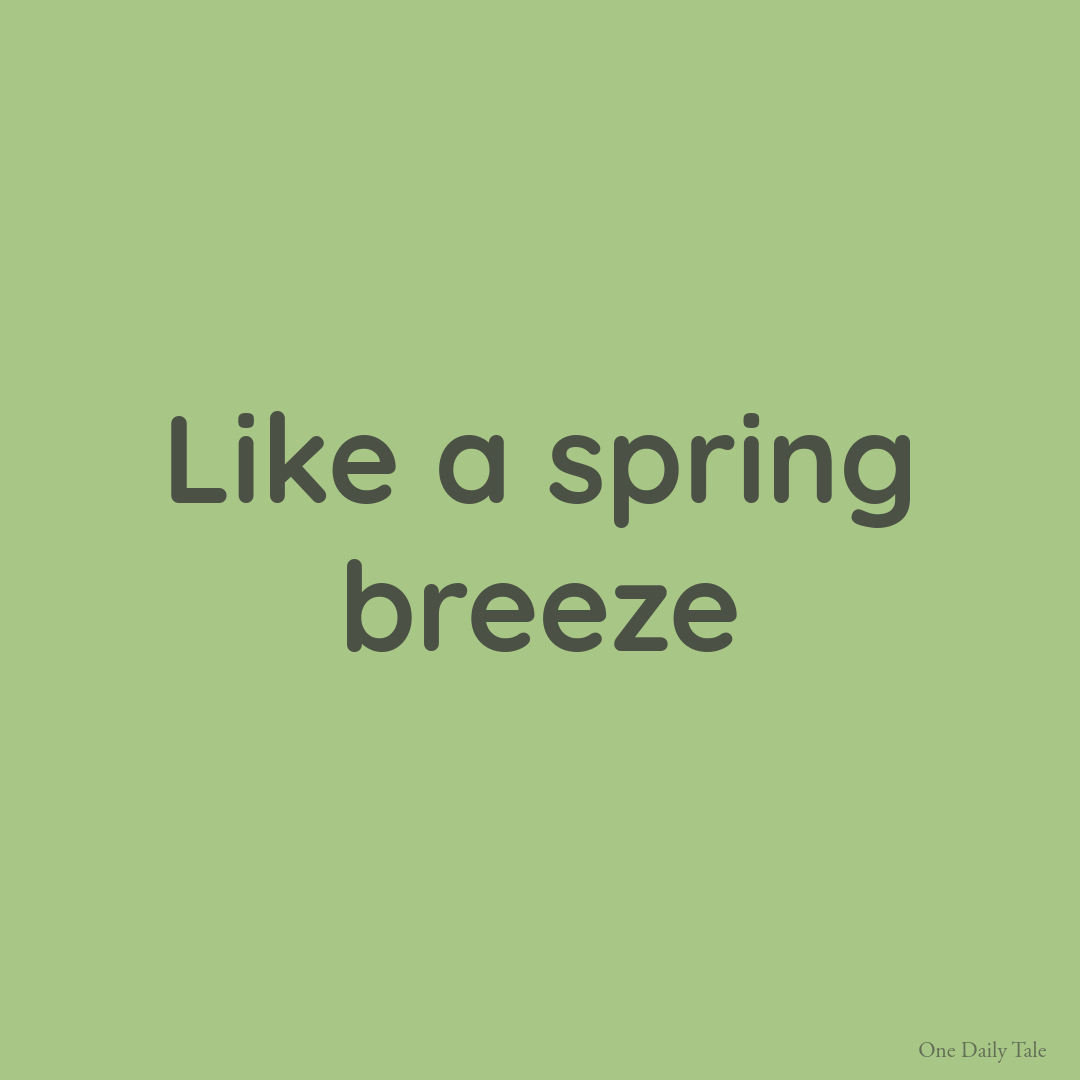
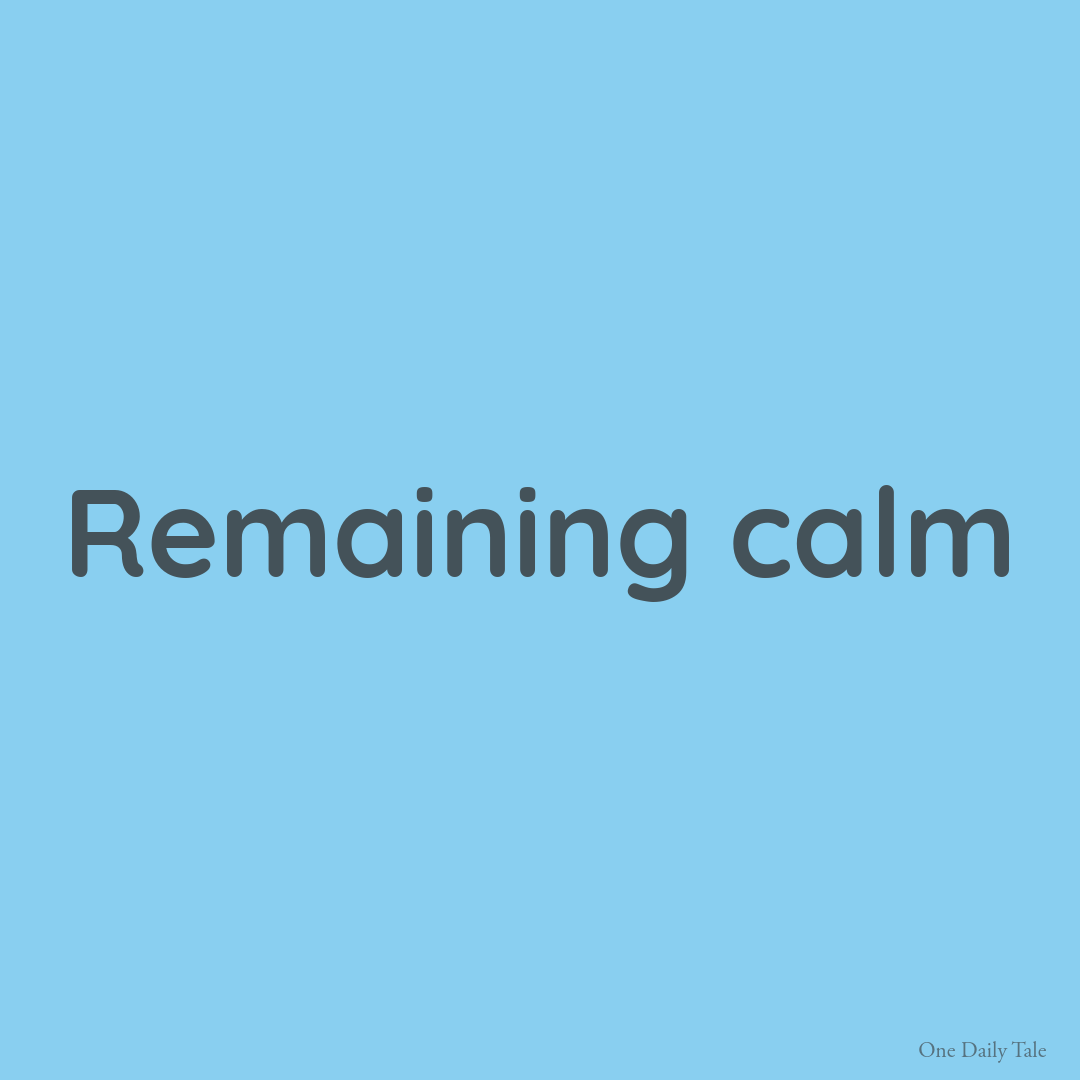
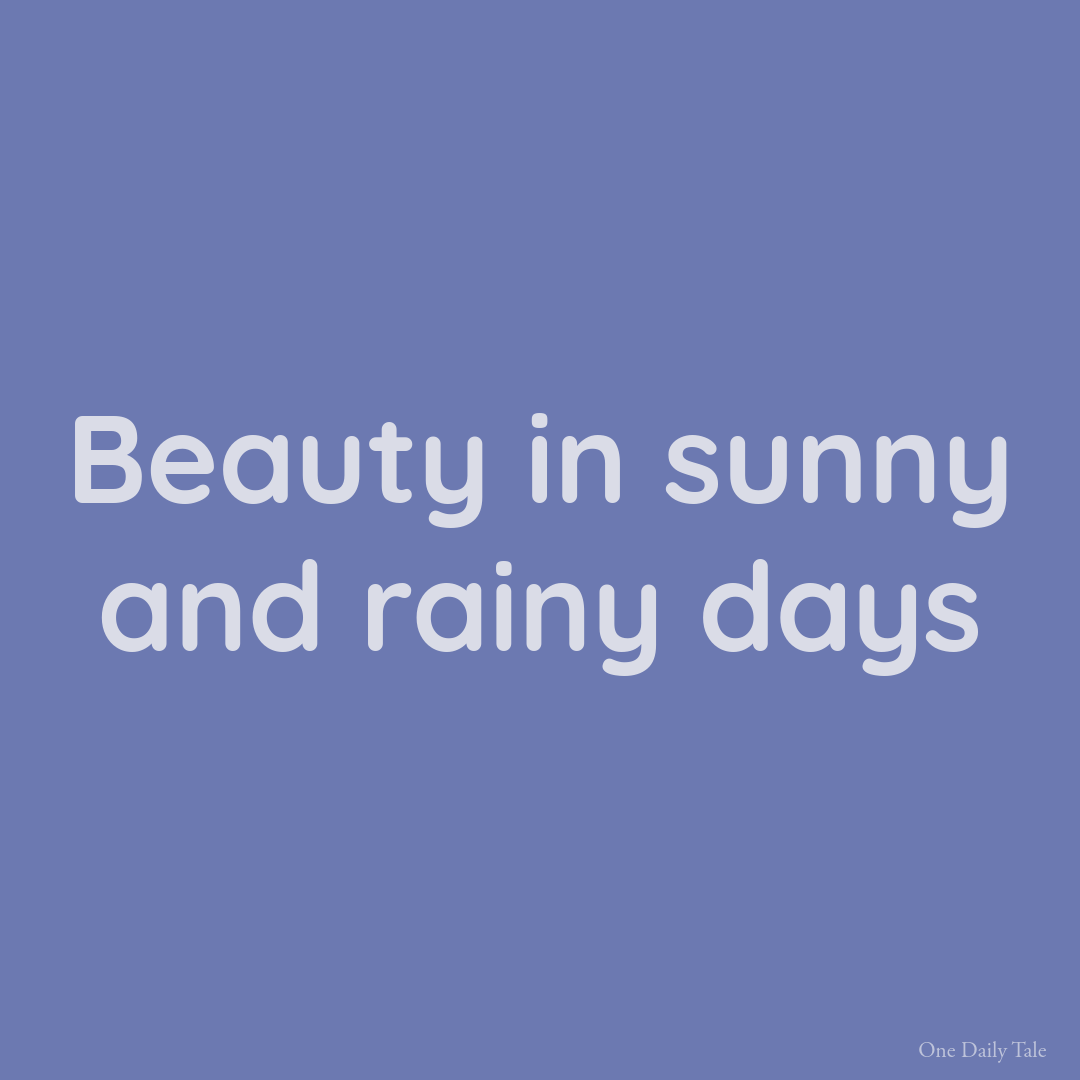
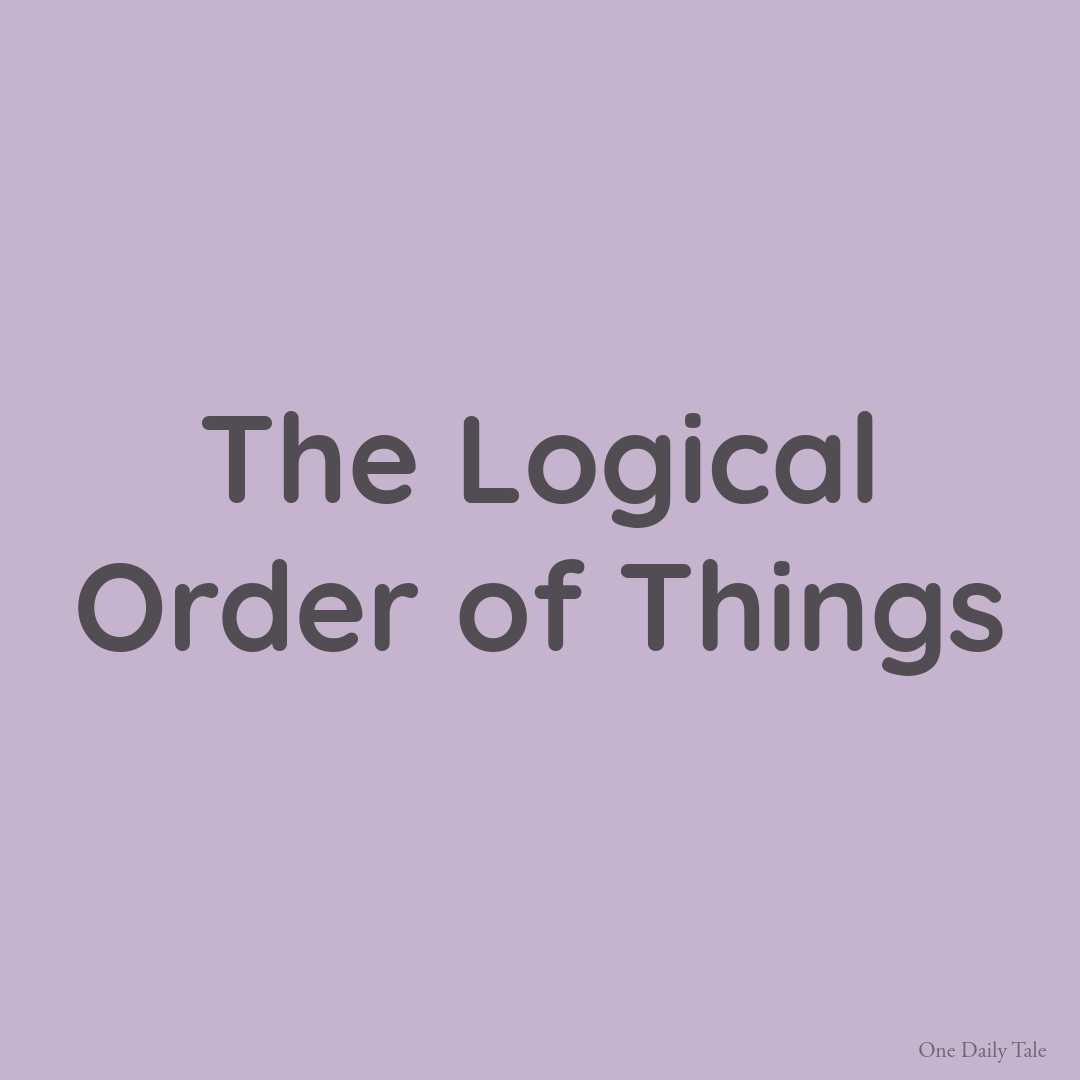
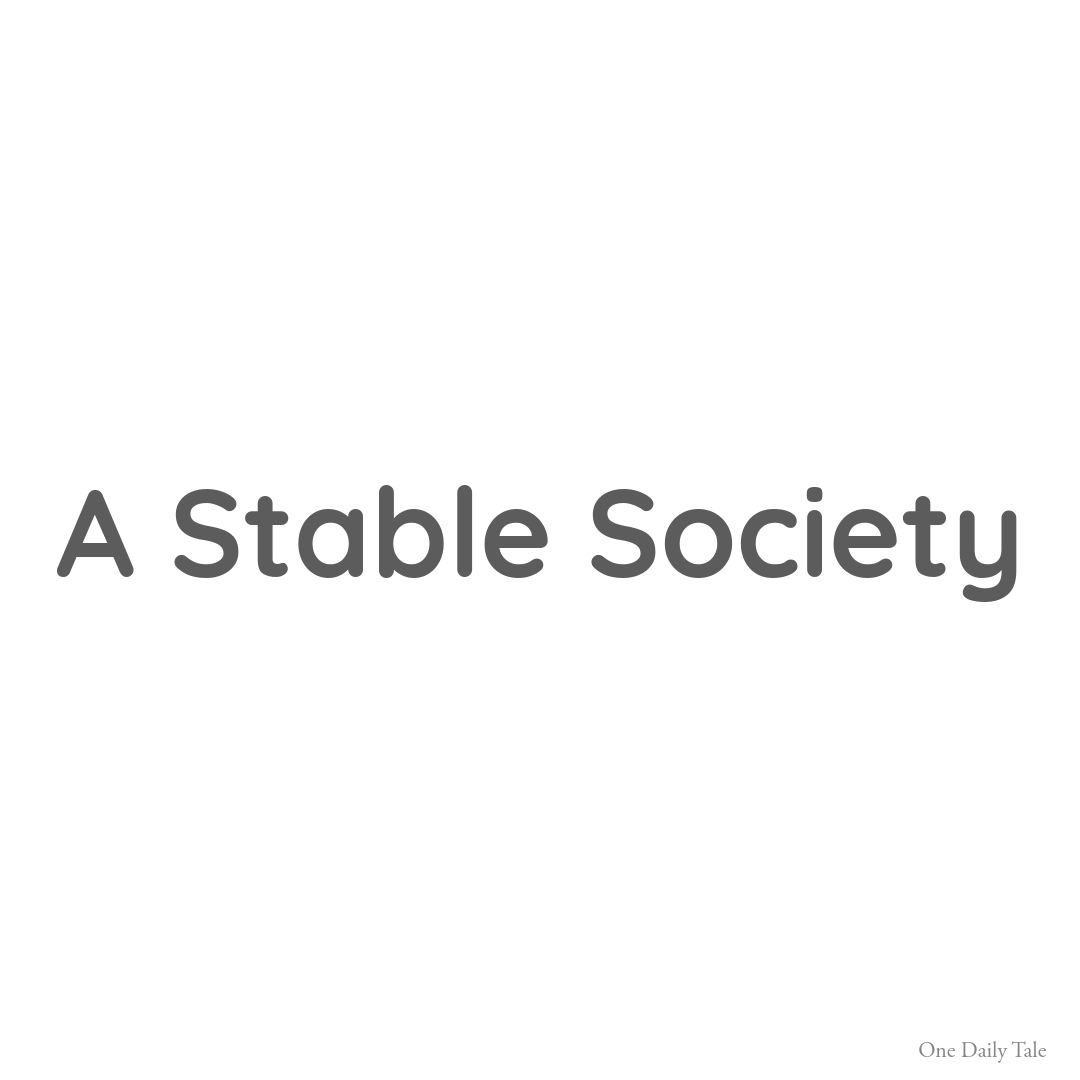
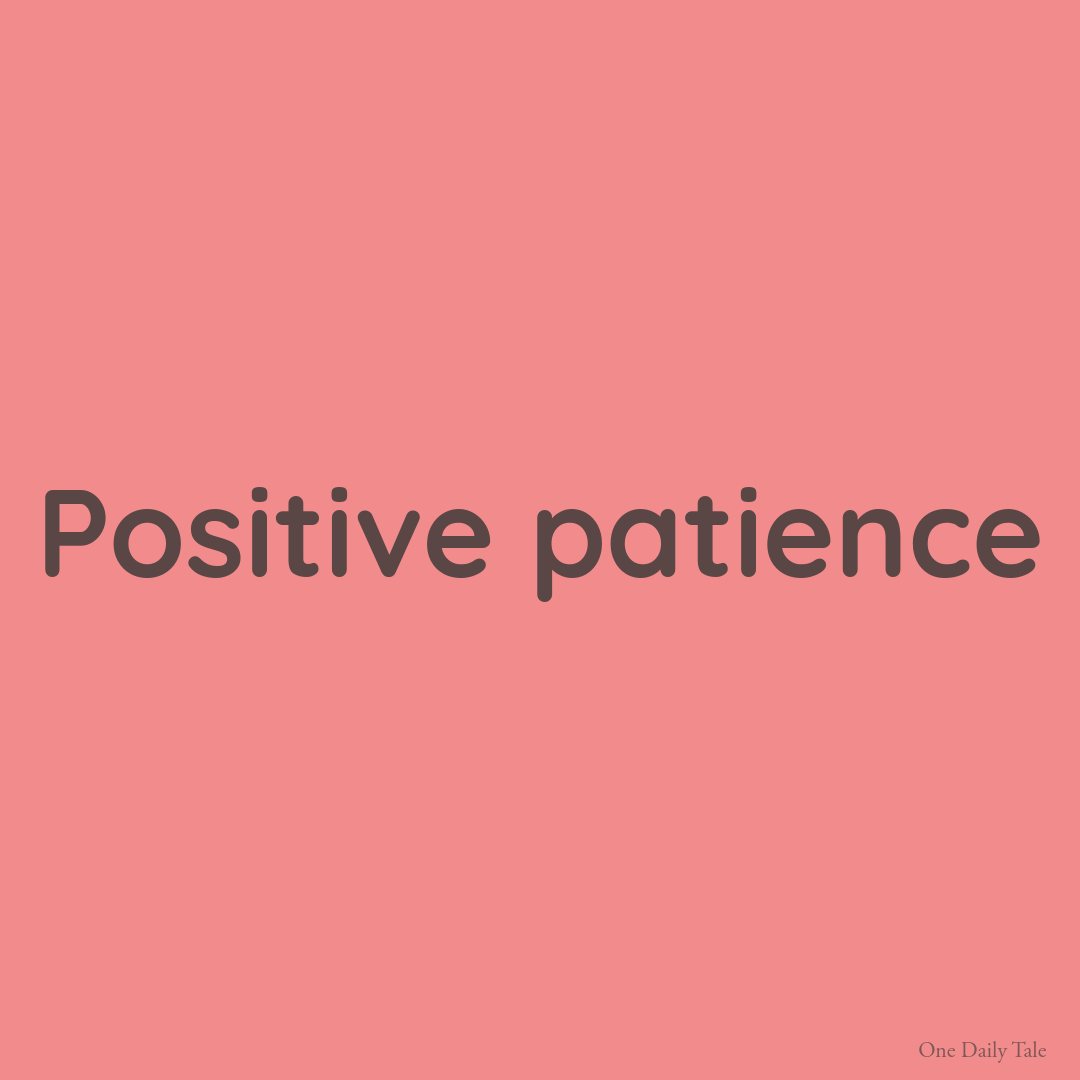
Leave a Reply
You must be logged in to post a comment.